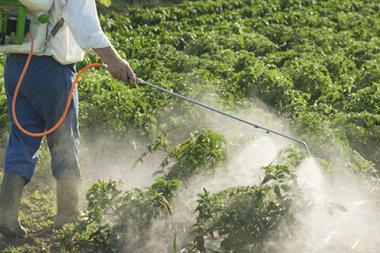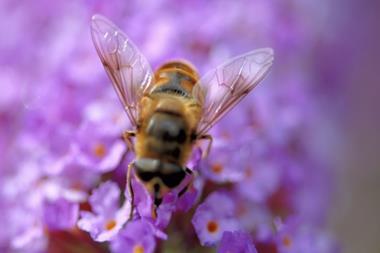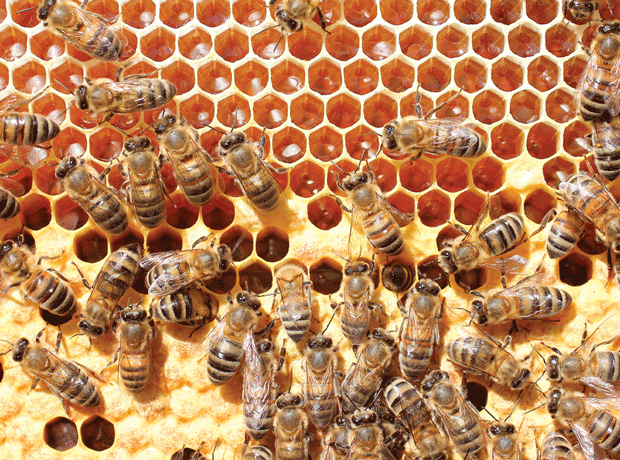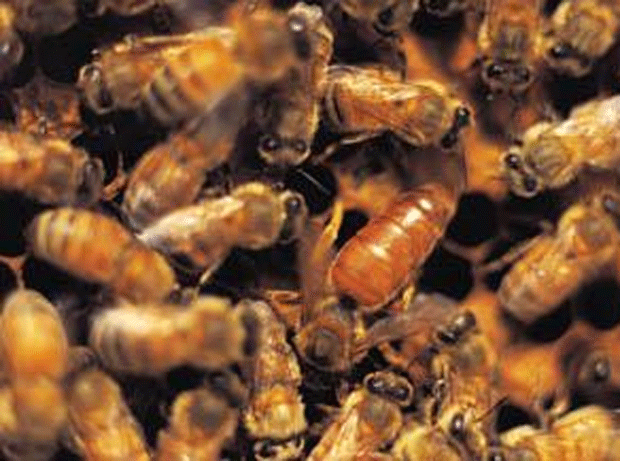The EU is to impose a two-year ban on neonicotinoid pesticides following a vote in the European Commission today.
Fifteen countries voted in favour of the measure, which is designed to prevent pesticides harming bee populations. The UK will not be able to opt out of the ban, despite voting against it along with seven other countries. Four abstained.
Although the vote was not conclusive, EU rules mean that a two-year ban will now be imposed. The proposal restricts the use of three neonicotinoid pesticides (clothianidin, imidacloprid and thiamethoxam) and will come into force from 1 December 2013.
Tonio Borg, health and consumer commissioner, said: “Although a majority of Member States now supports our proposal, the necessary qualified majority was not reached. The decision now lies with the Commission. Since our proposal is based on a number of risks to bee health identified by the European Food Safety Authority, the Commission will go ahead with its text in the coming weeks.”
A ban had been opposed by Defra and the UK government on the basis that there is not enough evidence that these pesticides are responsible for declining bee populations. Any action taken must be proportionate and not have any unforeseen knock-on effects, a Defra spokeswoman told The Grocer before the vote.
Agri-giant Syngenta, which produces thiametoxam, said the Commission should resist implementing the ban because it had not achieved a two-thirds majority backing. Chief operating officer John Atkin said: “The proposal is based on poor science and ignores a wealth of evidence from the field that these pesticides do not damage the health of bees. Instead of banning these products, the Commission should now take the opportunity to address the real reasons for bee health decline: disease, viruses and loss of habitat and nutrition.”
However, Andrew Pendleton, head of campaigns at Friends of the Earth, welcomed the EU’s move: “This decision is a significant victory for common sense and our beleagured bee populations. Restricting the use of these pesticides could be an historic milestone on the road to recovery for these crucial pollinators.
“But pesticides are just one of the threats bees face – if David Cameron is genuinely concerned about declining bee numbers he must urgently introduce a Bee Action Plan.”
Earlier this month, Waitrose announced it was banning suppliers from using neonicotinoids.



















No comments yet